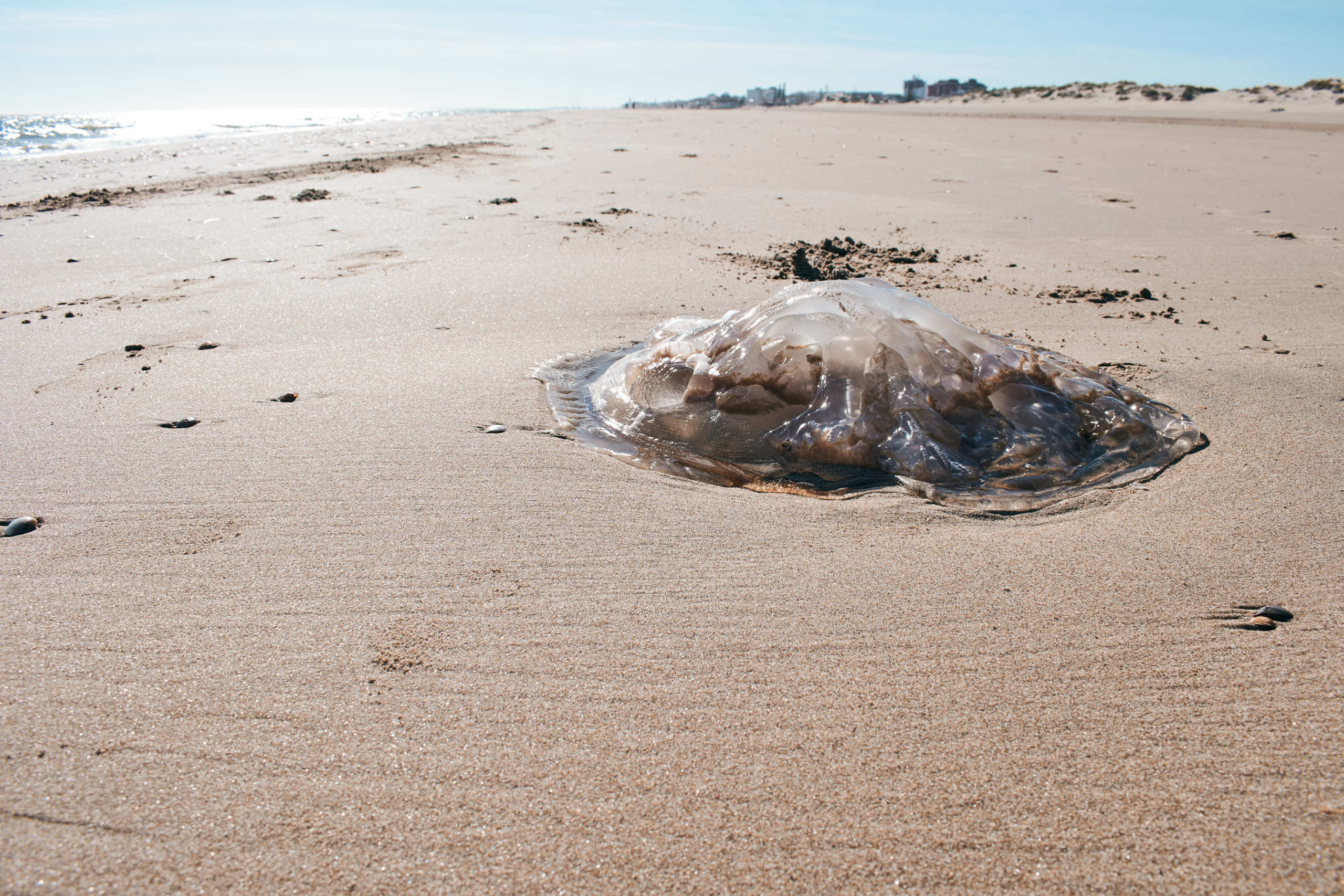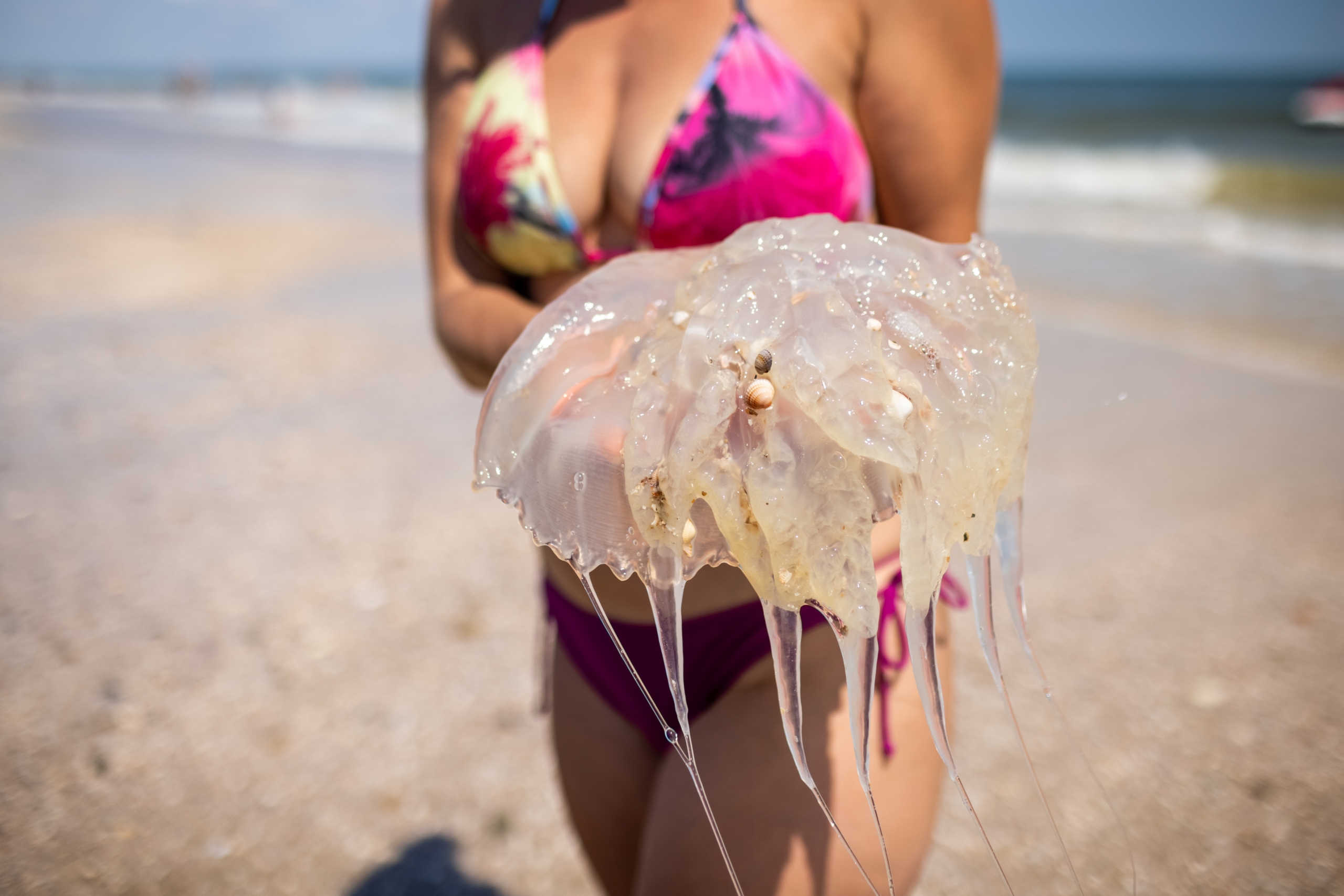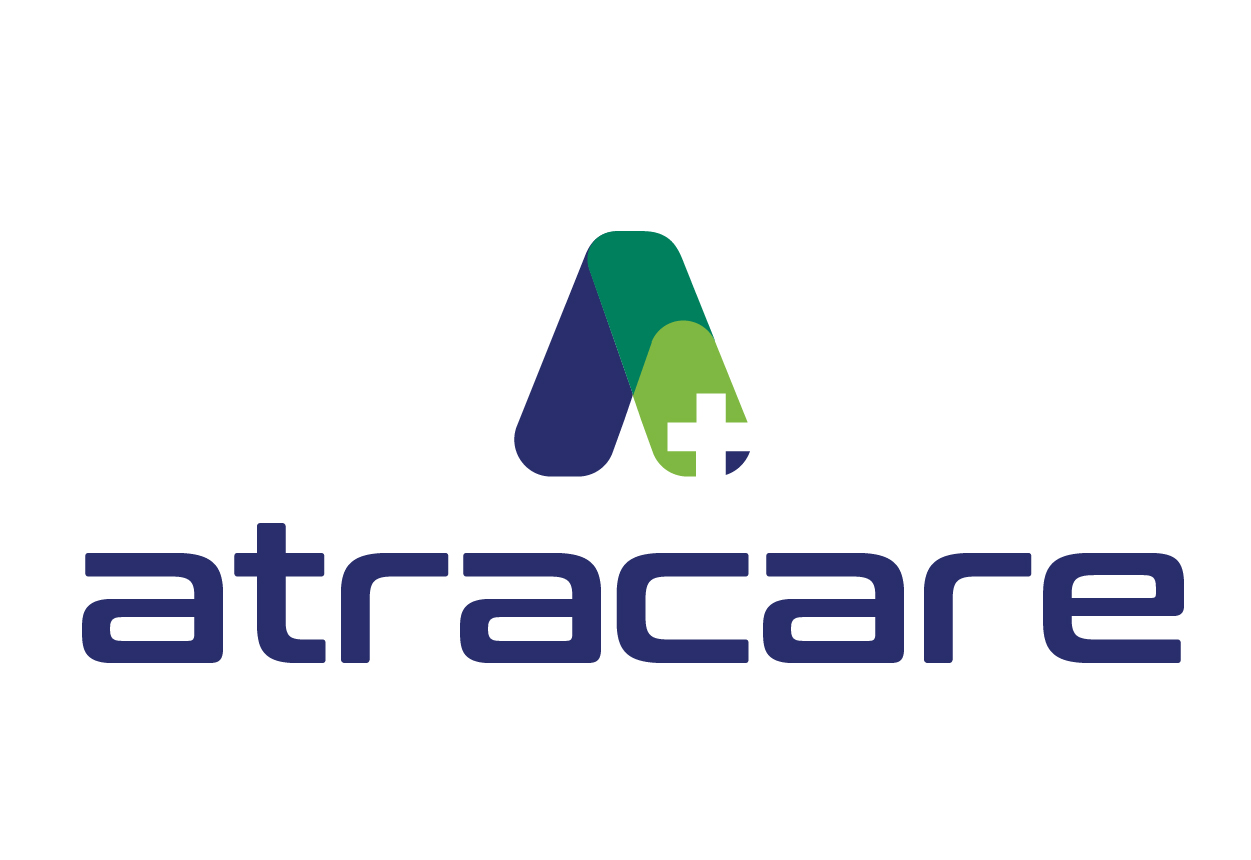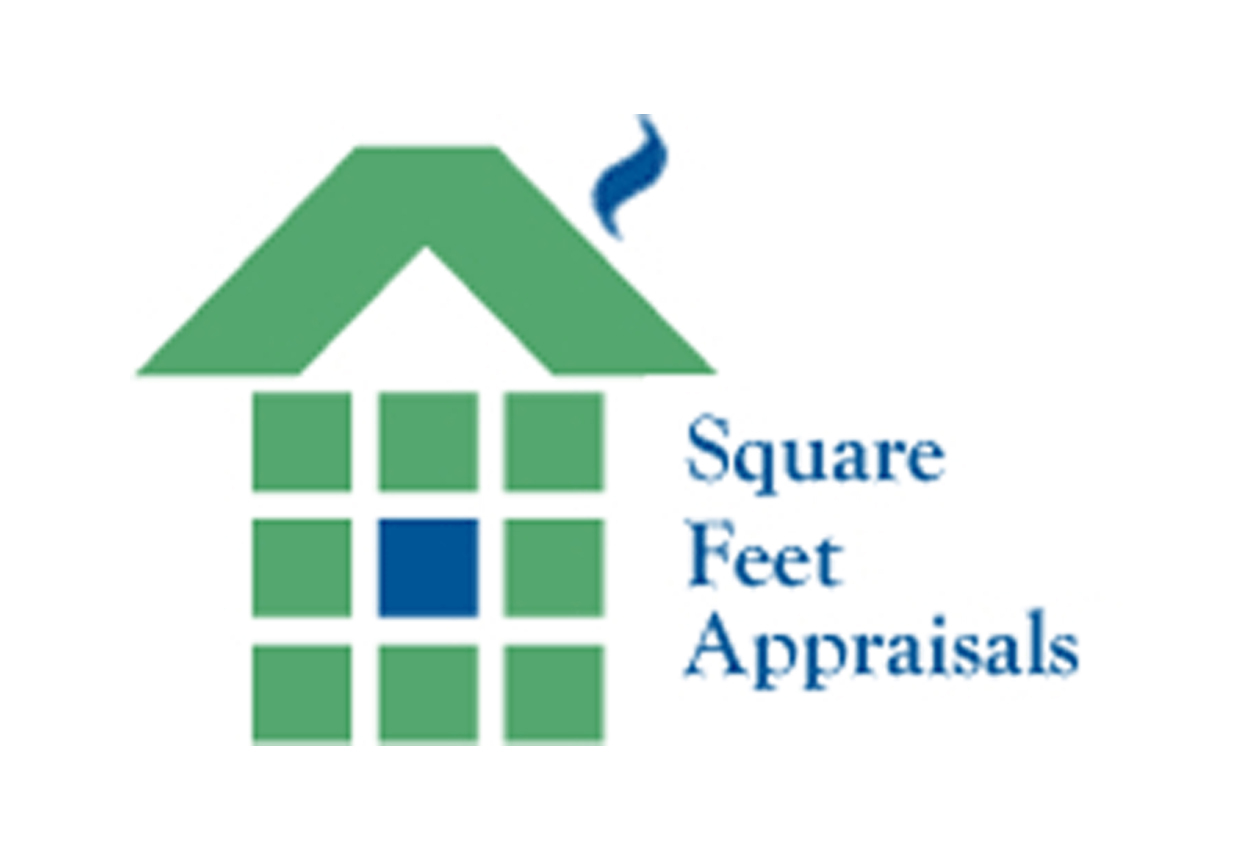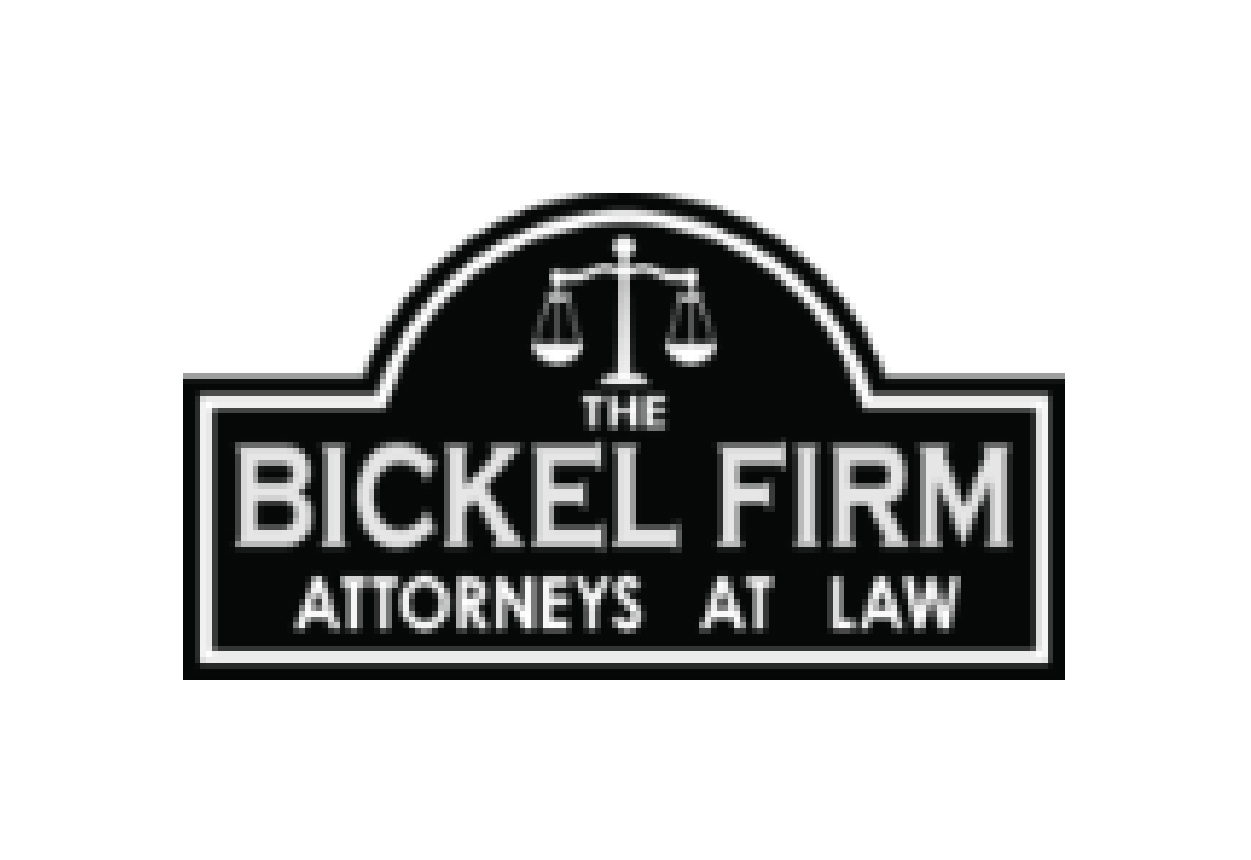DNREC Reminds Public: Protect Delaware’s Sand Dunes This Winter
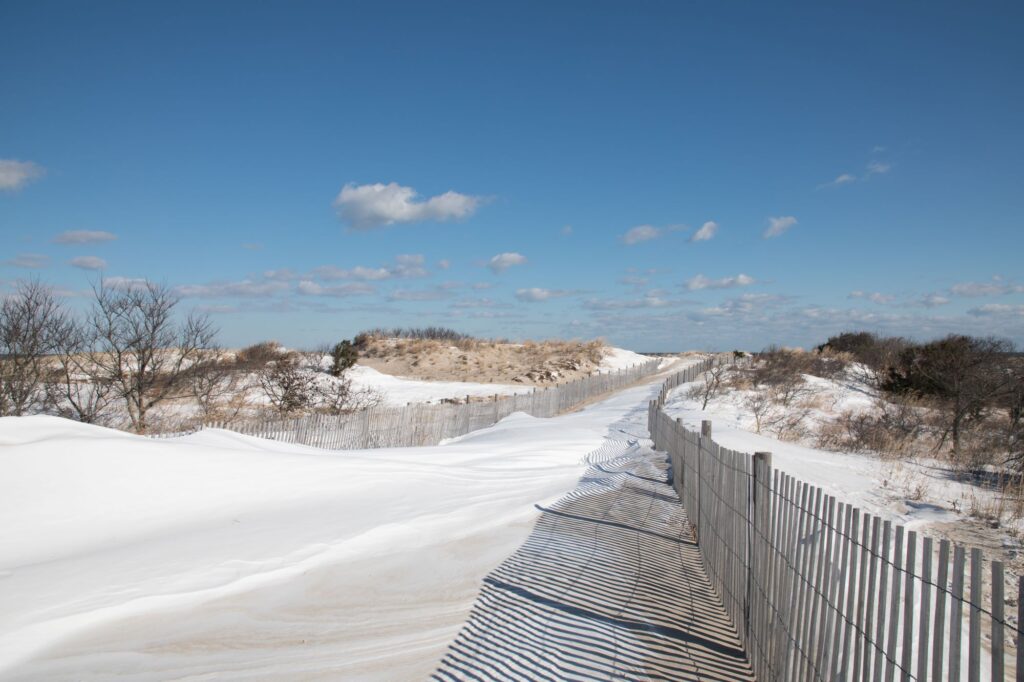
With snow in the forecast, the Delaware Department of Natural Resources and Environmental Control (DNREC) urges residents and visitors to refrain from sledding, snowboarding, or engaging in recreational activities on the state’s fragile dune systems. These dunes, located in areas like Cape Henlopen State Park and Delaware Seashore State Park, are essential for wildlife habitats and act as natural barriers protecting beaches and nearby communities.
The DNREC Division of Parks and Recreation emphasizes that pedestrian traffic and recreational activities are prohibited on dunes, except at designated crossings. Officials encourage the public to help preserve these critical ecosystems during the winter months.
Delaware Prepares for Major Winter Storm
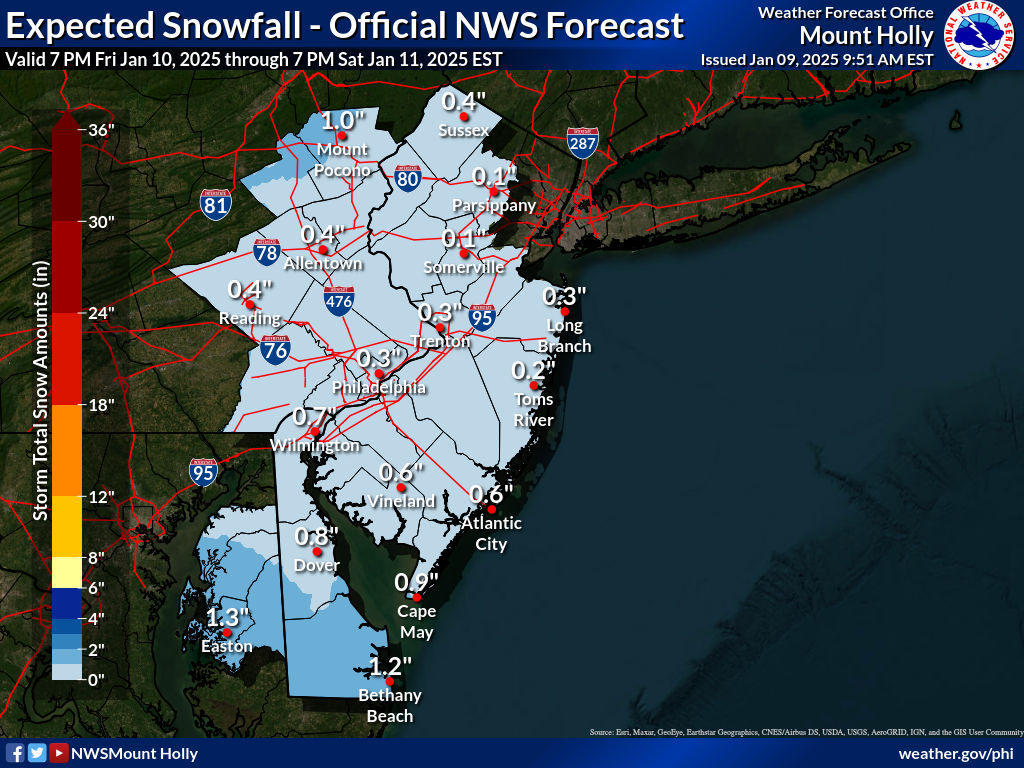
Expected Snowfall – Official NWS Forecast
Delaware is bracing for a significant winter storm expected to bring over 10 inches of snow starting Sunday night, January 12, 2025. The heaviest snowfall will occur Monday morning, January 13, with rates of up to one inch per hour, compounded by cold temperatures and gusty winds.
State Response
- Governor Activation: Governor John Carney has activated the Delaware National Guard for emergency response.
- Emergency Operations: DEMA will activate its Emergency Operations Center to coordinate efforts statewide.
- Snow Removal: DelDOT has mobilized 300 snow removal vehicles, with plowing operations beginning early Monday morning, focusing on major routes like I-95, Route 1, Route 13, and Route 113.
Driving Conditions
While no driving restrictions are currently in place, officials caution that hazardous conditions may lead to a Level 1 Driving Warning or more stringent measures. Motorists are urged to avoid travel if possible.
Winter Driving Tips
- Clear snow and ice from vehicles before driving.
- Reduce speed and maintain extra distance between vehicles.
- Use headlights in low visibility and be cautious on bridges, where ice can form quickly.
- Handle skids calmly: apply steady pressure to brakes if equipped with ABS, or brake lightly if not.
Full article here.
Winter Fire Safety Tips
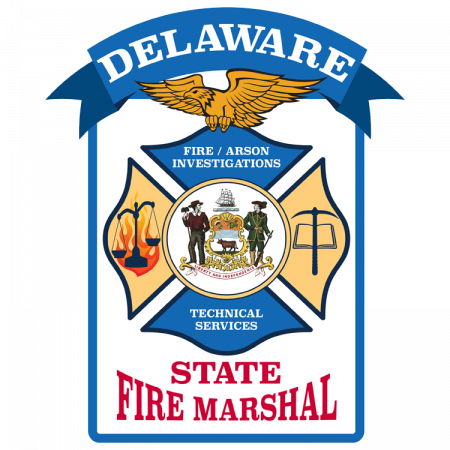
The Delaware State Fire Marshal’s Office urges residents to be mindful of fire hazards during the winter months, as home fires peak in December, January, and February. Heating equipment is involved in 1 out of every 6 home fires and 1 in 5 fire deaths. Here are some essential winter fire safety tips:
Heating Safety
- Keep anything that can burn at least 3 feet away from heat sources like fireplaces, wood stoves, and space heaters.
- Plug only one heat-producing appliance into an outlet at a time.
- Store cooled ashes in a metal container outdoors, at least 10 feet from your home.
- Never use your oven to heat your home.
Carbon Monoxide Safety
- Install carbon monoxide (CO) alarms outside each sleeping area and on every home level.
- Test alarms monthly and replace them as instructed.
- If the CO alarm sounds, get to fresh air immediately and call for help.
- Only use grills outdoors, as they can produce CO.
Portable Generators
- Use portable generators outdoors, at least 20 feet away from doors, windows, and vents.
- Never use them in an attached garage.
- Ensure exhaust fumes are directed away from the building, and refuel only once the generator has cooled down.
Additional Safety Reminders
- Have your chimney and vents cleaned and inspected yearly.
- Clear snow buildup from dryer, furnace, stove, and fireplace vents during snowstorms.
- Never run a vehicle or motorized equipment in an enclosed space, even with the door open.
By following these safety precautions, you can help ensure your family stays safe throughout the winter season.
You may also want to view this Winter Fire Safety Fact Sheet.
Coyotes in Delaware
Coyotes (Canis latrans) have been documented in all three counties of Delaware, though their population remains small compared to other species. They were first reported in the state during the mid-1900s as part of their range expansion across the continental U.S., and Delaware is now among the 49 states with an established presence.
Recent sightings, particularly in Sussex County, indicate their numbers may be growing. Coyotes are confirmed through trail cameras, public sightings, and occasional vehicle collisions. Delaware allows regulated hunting and trapping of coyotes, with fewer than five harvested annually under state management programs.
For a detailed exploration of coyote sightings in Delaware check out our full article linked here.
Delaware’s First Presumptive H5 Avian Influenza Case of 2025
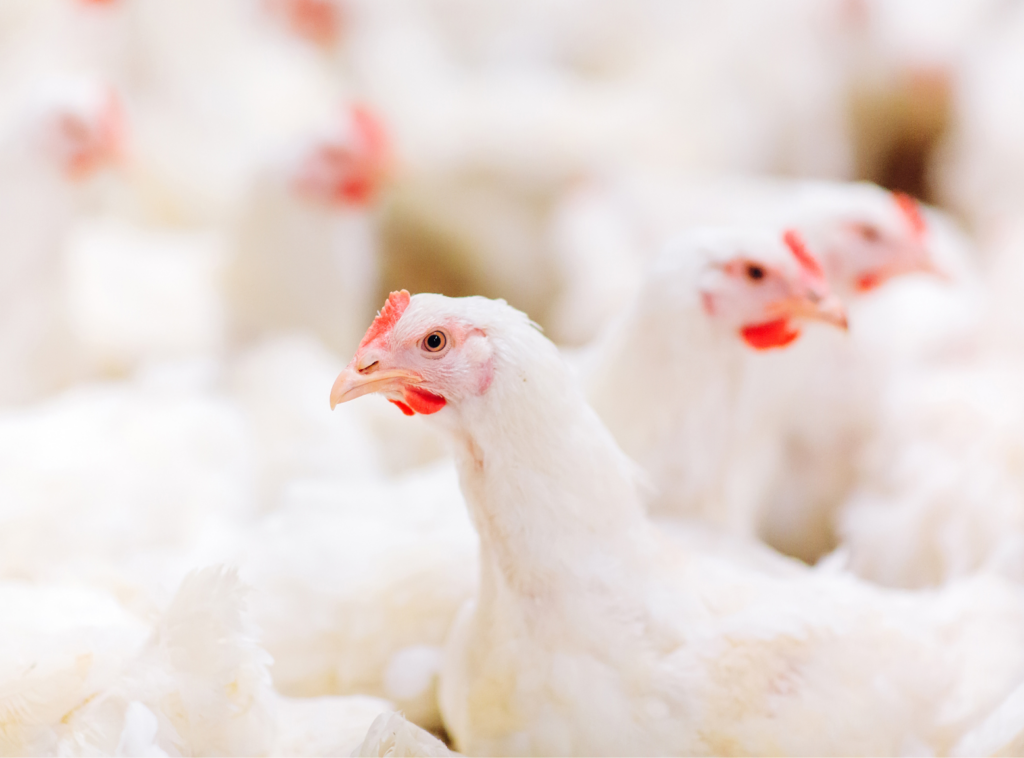 On January 3, 2025, the Delaware Department of Agriculture announced a presumptive positive H5 avian influenza case in a commercial broiler flock in Kent County. Preliminary testing was conducted at the University of Delaware’s Lasher Laboratory, with additional samples sent to the USDA for confirmation. The affected farm has been quarantined, and all birds are being depopulated to prevent further spread. Officials assure the public that none of the birds will enter the food system.
On January 3, 2025, the Delaware Department of Agriculture announced a presumptive positive H5 avian influenza case in a commercial broiler flock in Kent County. Preliminary testing was conducted at the University of Delaware’s Lasher Laboratory, with additional samples sent to the USDA for confirmation. The affected farm has been quarantined, and all birds are being depopulated to prevent further spread. Officials assure the public that none of the birds will enter the food system.
This discovery follows recent reports of avian influenza in wild birds, particularly snow geese at Prime Hook Beach. Over 850 wild bird deaths have been reported, highlighting the virus’s spread in Delaware’s wild bird populations. Avian influenza is highly contagious, spreading through bird-to-bird contact and contaminated equipment or clothing.
Poultry owners are urged to enhance biosecurity measures, including limiting farm access, disinfecting equipment, and isolating domestic birds from wild or migratory species. Backyard flock owners noticing signs of illness should contact the Delaware Poultry Health Hotline at 302-698-4507 or email poultry.health@delaware.gov for assistance.
For a detailed analysis of avian influenza’s impact in Delaware, including precautionary measures and management strategies, read our full article here.
Delaware’s H5 Avian Influenza Case Update: Key Points and Precautions
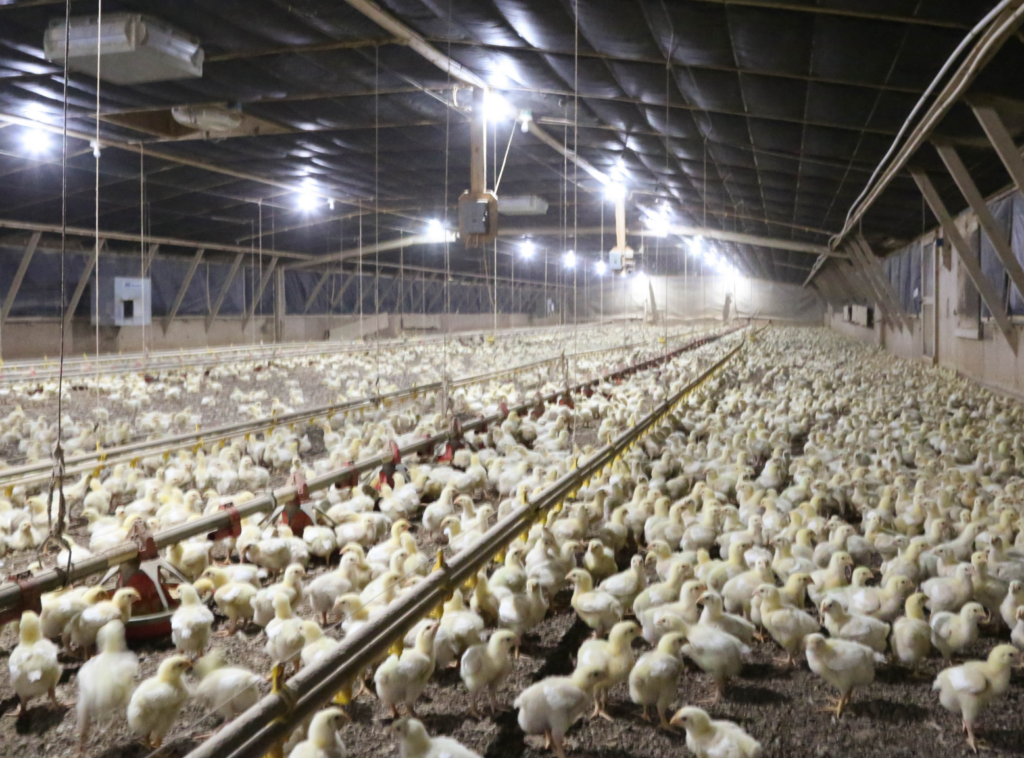 On January 5, 2025, the USDA confirmed Delaware’s first case of highly pathogenic H5 avian influenza (HPAI) in a Kent County poultry farm. The virus is of the Eurasian lineage 2.3.4.4b, with further tests needed for complete confirmation. Symptoms to watch for in poultry include sneezing, coughing, and lethargy, along with abnormal egg production and increased mortality.
On January 5, 2025, the USDA confirmed Delaware’s first case of highly pathogenic H5 avian influenza (HPAI) in a Kent County poultry farm. The virus is of the Eurasian lineage 2.3.4.4b, with further tests needed for complete confirmation. Symptoms to watch for in poultry include sneezing, coughing, and lethargy, along with abnormal egg production and increased mortality.
Poultry producers are advised to monitor flocks closely and report illness. Backyard flock owners should contact the Delaware Poultry Health Hotline. Biosecurity measures like isolating birds from wild birds, quarantining new arrivals, and disinfecting equipment are essential to preventing spread.
While the H5N1 virus remains a limited threat to humans, precautions such as keeping poultry outdoors and avoiding contact with wild birds are recommended. For more detailed information and ongoing updates, refer to our full article.
For more information about this visit here.
Staying Safe and Prepared This Winter
As Delaware faces the challenges of winter, from severe weather to public health concerns, staying informed and prepared is crucial. Whether it’s safeguarding your home against fire hazards, protecting poultry flocks, or navigating icy roads during a storm, proactive measures make all the difference. Stay connected to local resources, follow safety guidelines, and work together to keep our communities safe this season.

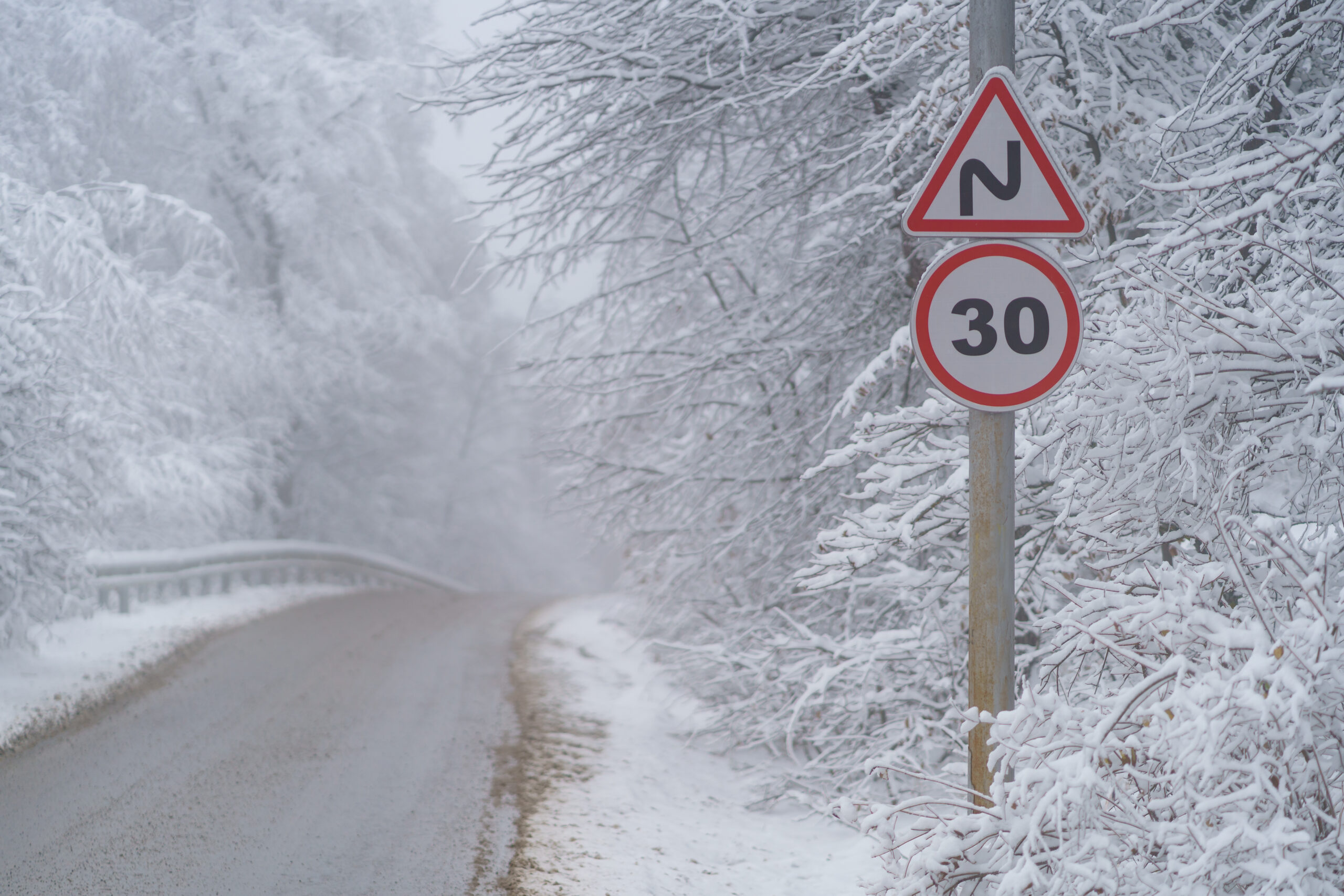

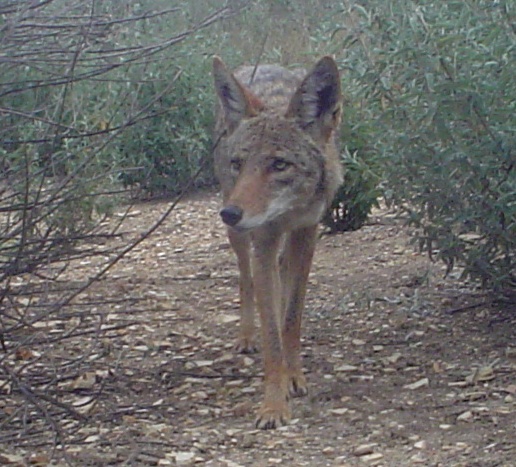
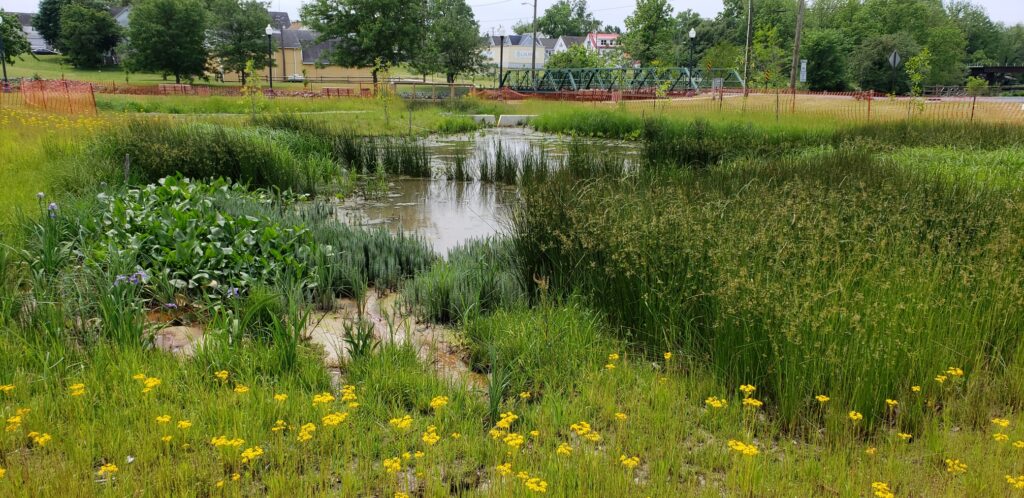 The Delaware Department of Natural Resources and Environmental Control (DNREC), along with the Division of Public Health (DPH), will begin soliciting new water quality improvement projects starting January 13. These projects will be considered for funding through the 2025 Clean Water State Revolving Fund (CWSRF) and Drinking Water State Revolving Fund (DWSRF), with Bipartisan Infrastructure Law (BIL) funding available for clean water and drinking water projects.
The Delaware Department of Natural Resources and Environmental Control (DNREC), along with the Division of Public Health (DPH), will begin soliciting new water quality improvement projects starting January 13. These projects will be considered for funding through the 2025 Clean Water State Revolving Fund (CWSRF) and Drinking Water State Revolving Fund (DWSRF), with Bipartisan Infrastructure Law (BIL) funding available for clean water and drinking water projects.
